Blogs
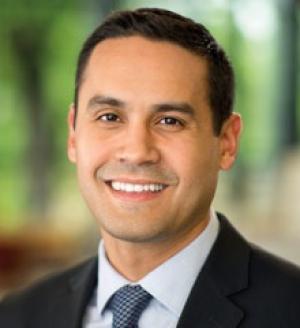
Eric D. Barreto Comparing myself to an aging piece of technology might not have been the smartest move. In the cover letter I sent with my application to Luther Seminary, I noted that I hoped that my students would someday see my teaching as they might an old computer with..
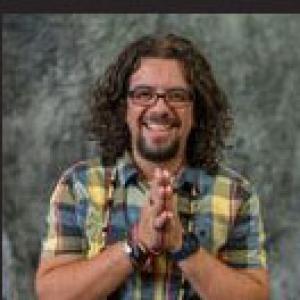
Cláudio Carvalhaes Associate Professor McCormick Theological Seminary The classroom is a microcosm of theological education. It changes and perpetuates ideas, behaviors and ideologies. But the classroom is a result and consequence of a larger scheme of structural practices and worldviews. What I have seen in these 8 years of teaching is that everything in theological education is so interconnected. Leadership; faculty composition; faculty meetings; public policies; by-laws; conferences; worship services; syllabi and chosen pedagogies; composition of students’ races; social classes and theological backgrounds, chapels, everything composes a temporary mosaic of what and who schools are and want to be. While patriarchalism, sexism, cultural/identity differences, and
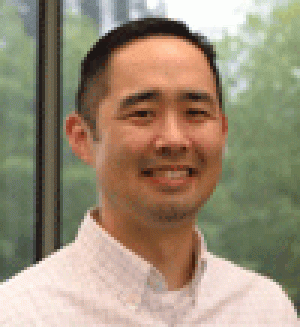
Roger S. Nam I’m a bit annoyed at the professorial mantra of “teaching, scholarship, and service.” I understand that categories are needed for the various steps of promotion, but I think that this grouping unnecessarily promotes an adversarial relationship between “teaching and scholarship.” The pairing feels analogous to such opposites...
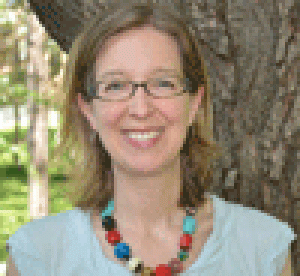
Kate Blanchard Readers, you should close this page right now and not heed another word I say about teaching. The past couple of weeks – despite the fact that one of those weeks was our winter break – I’ve been so utterly preoccupied with a motley collection of issues that...

Eric D. Barreto When I was prepping my first online class, all I wanted was for someone to show me how to teach online. I wanted techniques. I wanted examples of best practices. I wanted a template upon which I could build. But I quickly learned that the hardest part..
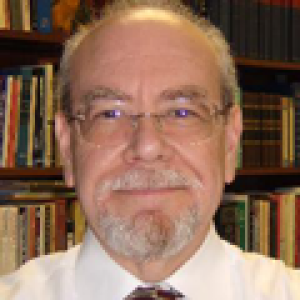
There appears to be hopeful evidence that the long recession is over and donor money is starting to trickle back into theological schools. Grant initiatives are starting to bloom (some very substantial), faithful donors are starting to fulfill deferred promises...

Roger S. Nam Last week, Kate Blanchard challenged us to think about our roles as religious educators in light of Chapel Hill. How can I, as a biblical studies professor, teach students to think critically about the events that transpired?...

Kate Blanchard Last Wednesday most of us opened our cyber-devices to a feed full of news about three young Muslim students in North Carolina who were murdered at home by a gun-toting white neighbor, apparently acting in defense of some...
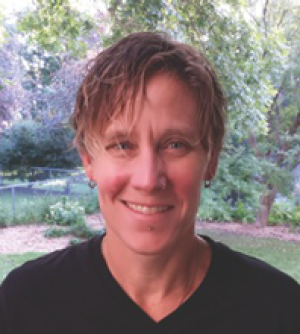
Jennifer Harvey Associate Professor Drake University In some ways it’s really simple. If we had genuinely multi-racial classrooms in the U.S. the challenge of race in those same rooms would be much less of one. We so quickly find ourselves embroiled in an oh-so-familiar conversation when the pedagogical question becomes how to best teach race, privilege, U.S. religious history, ethics, and justice in the religion and theology classroom. How do we keep white students from shutting down? How do we get them to understand? How do we enable them to recognize their stake in such learning when so few of them have had to..

Eric D. Barreto I teach texts. I read texts. I write texts. Every once in a great while, I even text texts. But I’ve noticed recently that many more of the texts I receive have fewer and fewer actual words. I’m talking acronyms certainly (LOL and lots more I haven’t...
Categories
Write for us
We invite friends and colleagues of the Wabash Center from across North America to contribute periodic blog posts for one of our several blog series.
Contact:
Donald Quist
quistd@wabash.edu
Educational Design Manager, Wabash Center
Most Popular
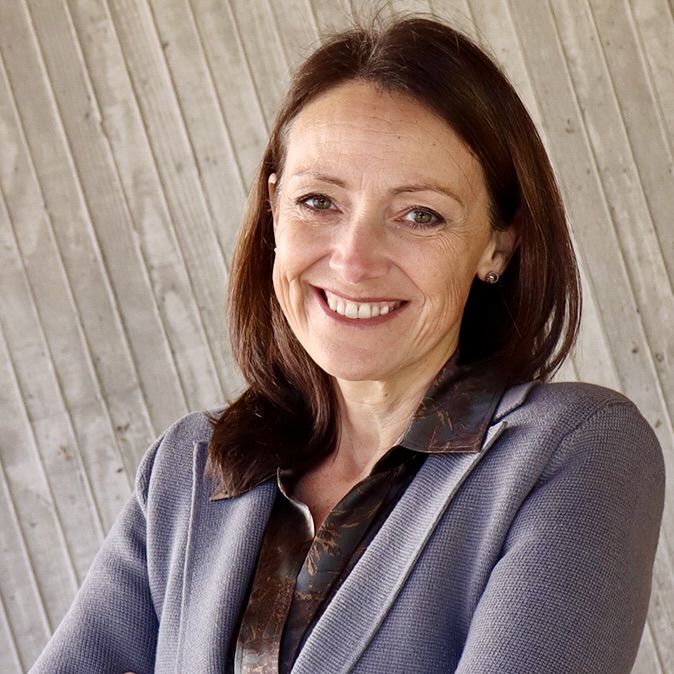
Why I Talk to My Students Every Semester About Gender Bias in Teaching Evaluations
Posted by Gabrielle Thomas on January 13, 2026
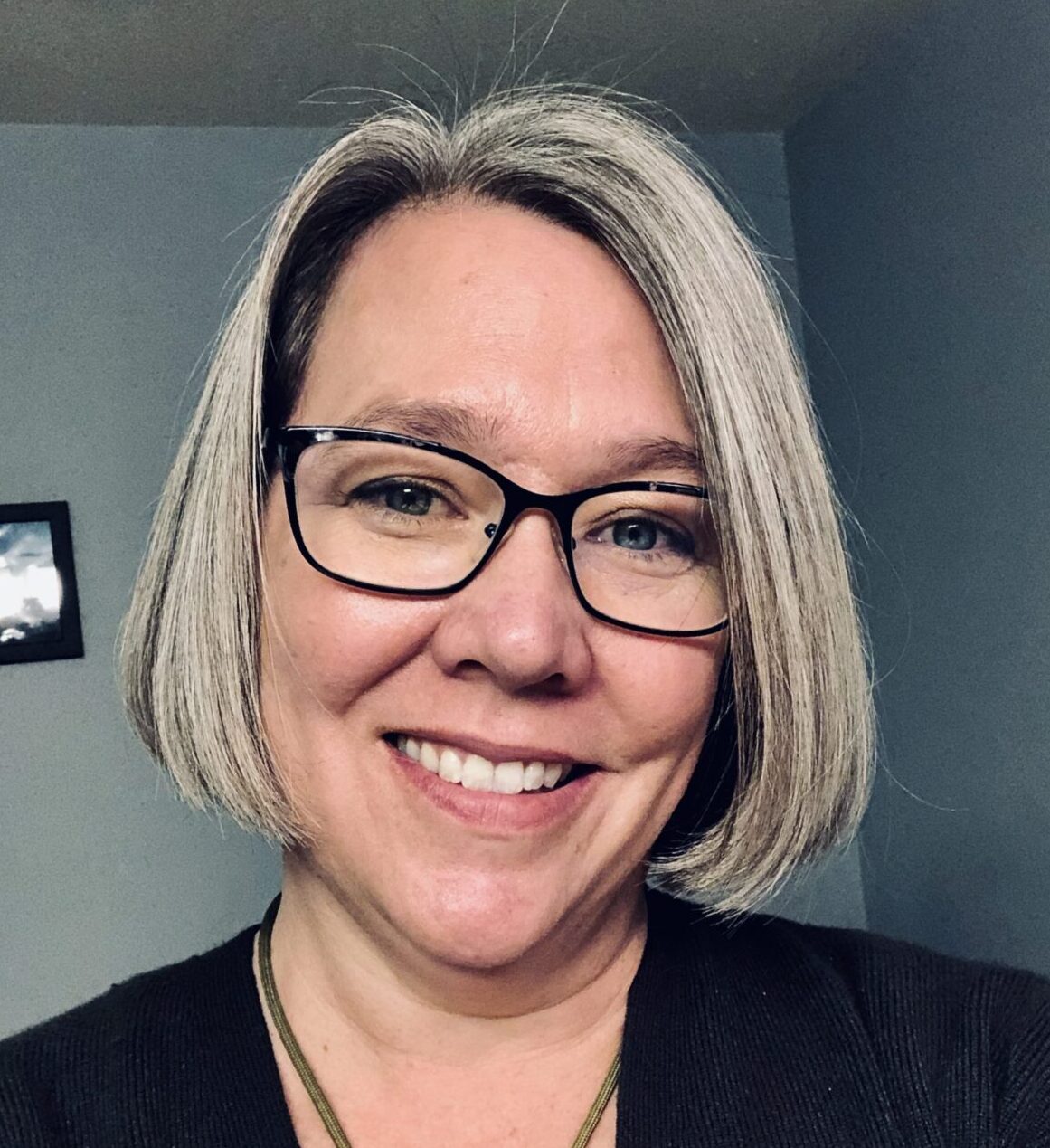
On Plagiarism and Feeling Betrayed
Posted by Katherine Turpin on October 27, 2025
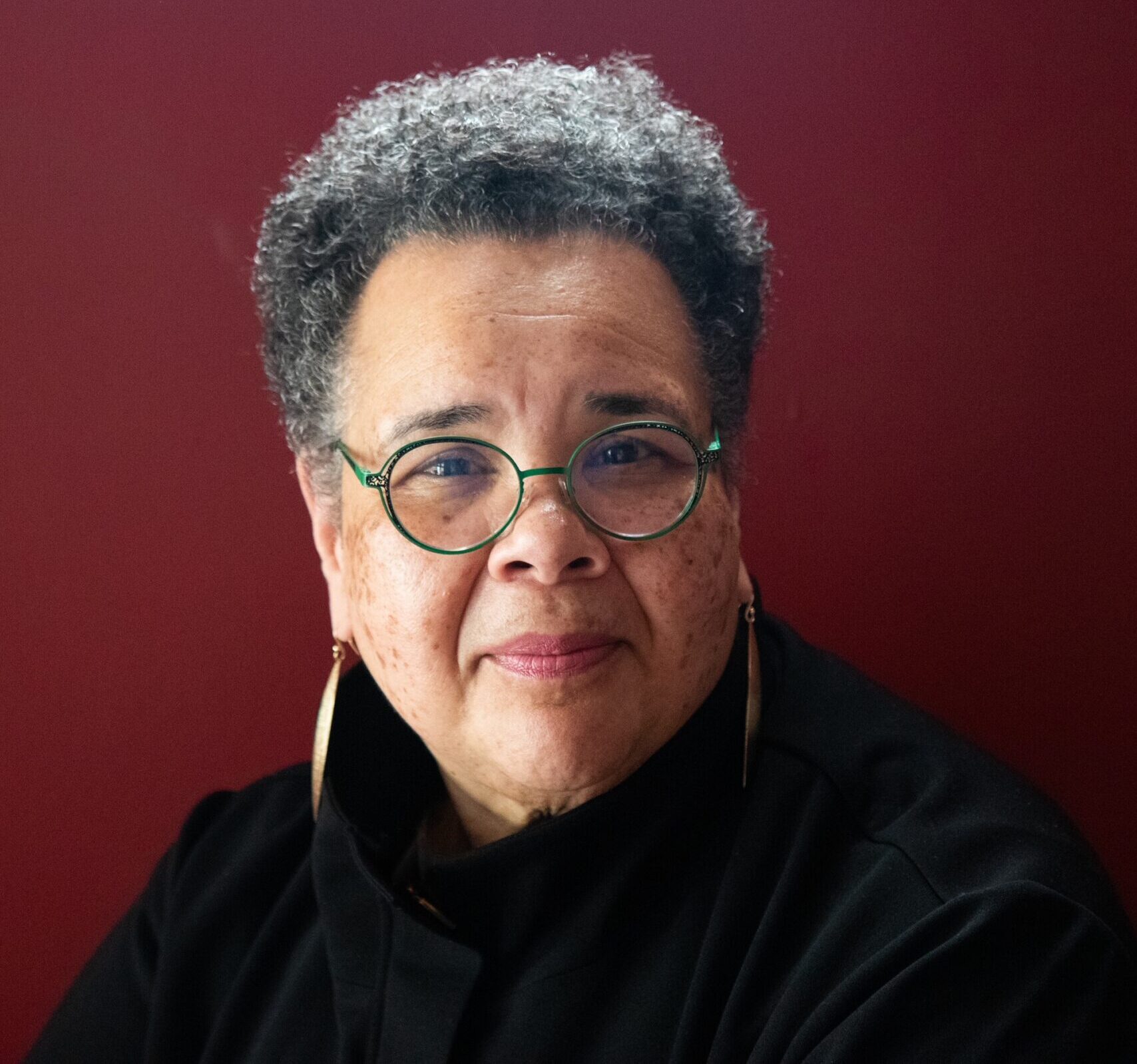
Executive Leadership Involves New Questions
Posted by Nancy Lynne Westfield, Ph.D. on December 1, 2025
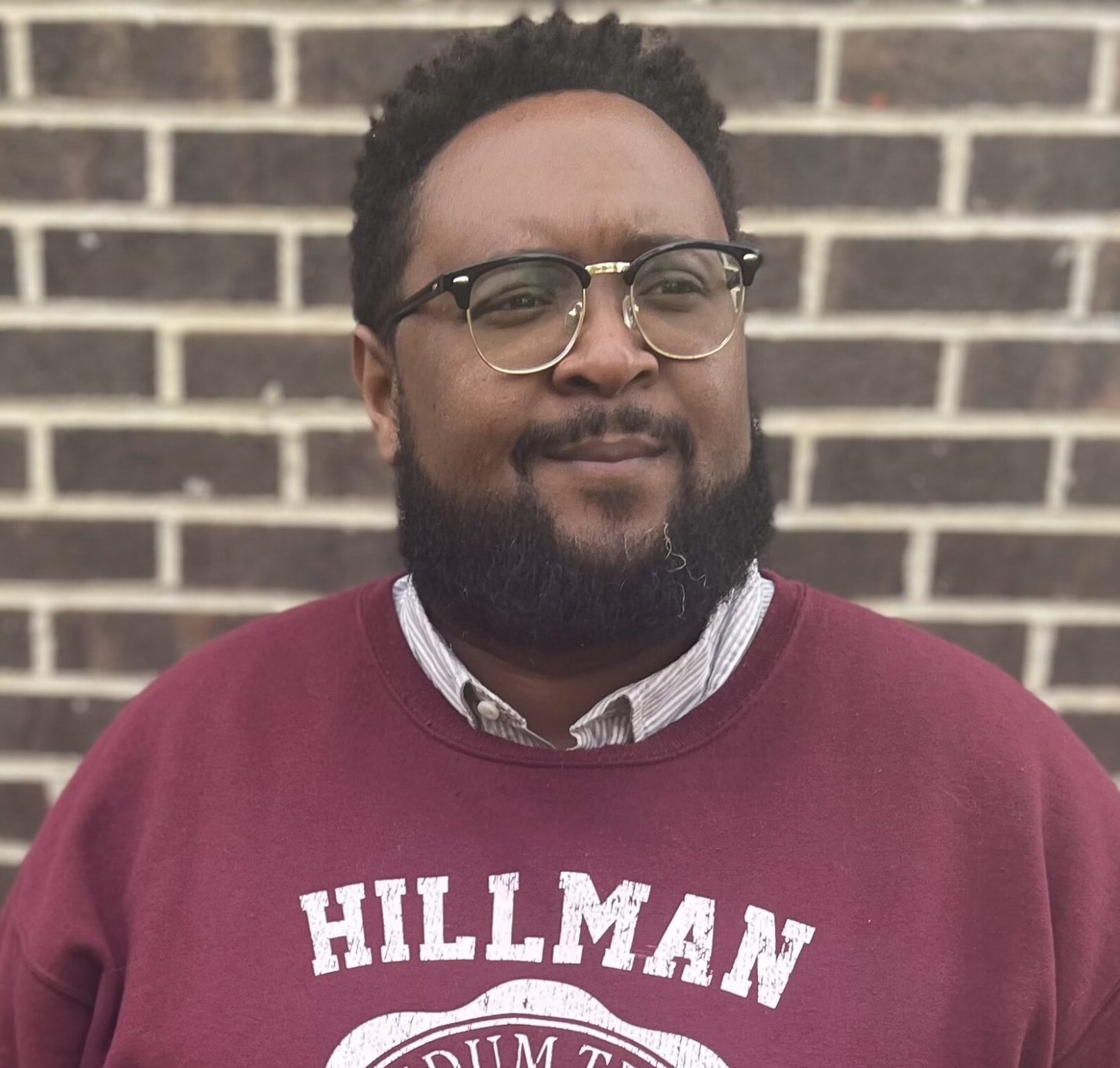
The Top Five (2025)
Posted by Donald Quist on December 15, 2025
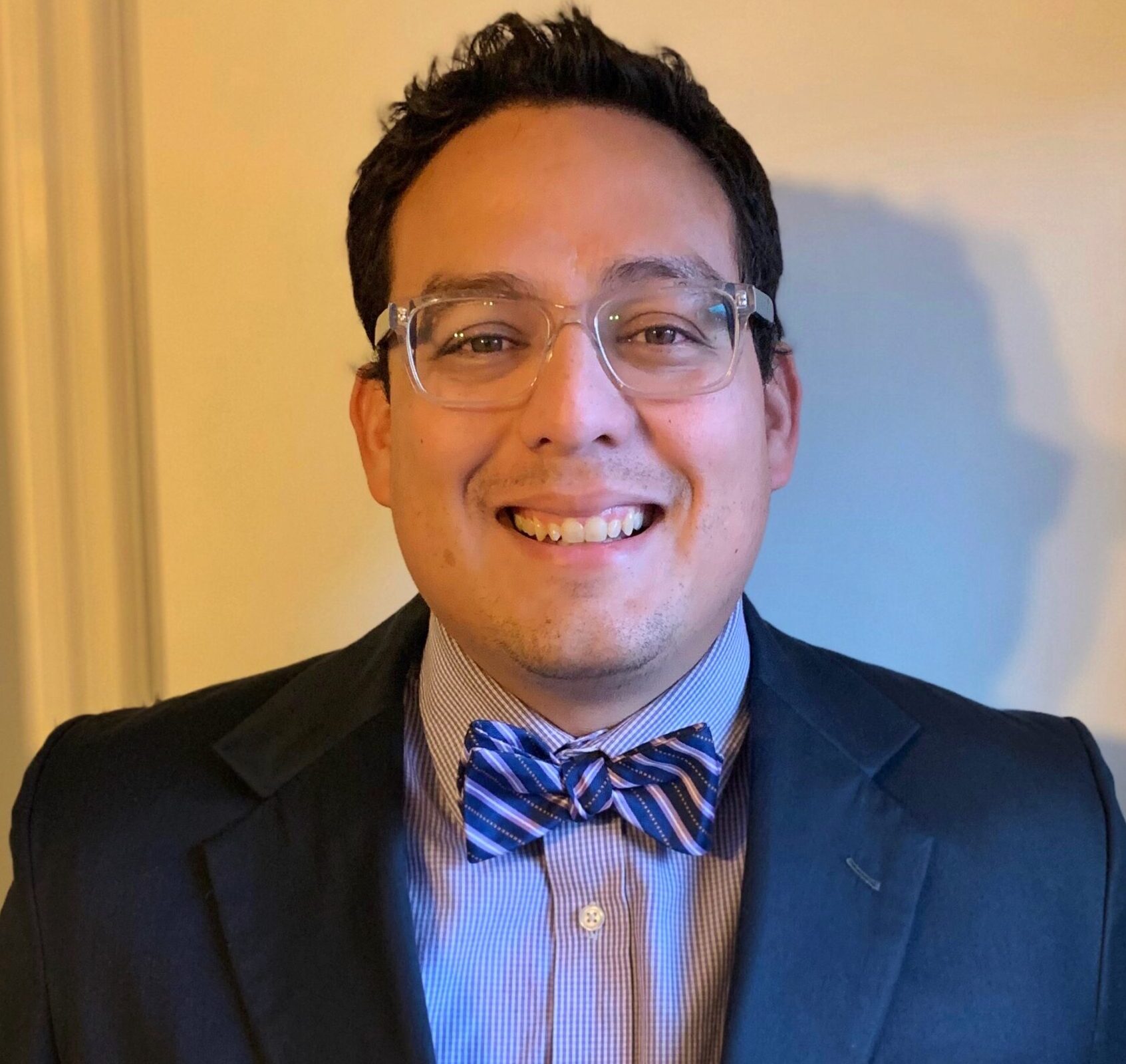
Xenophobia
Posted by Daniel Orlando Álvarez on October 15, 2025